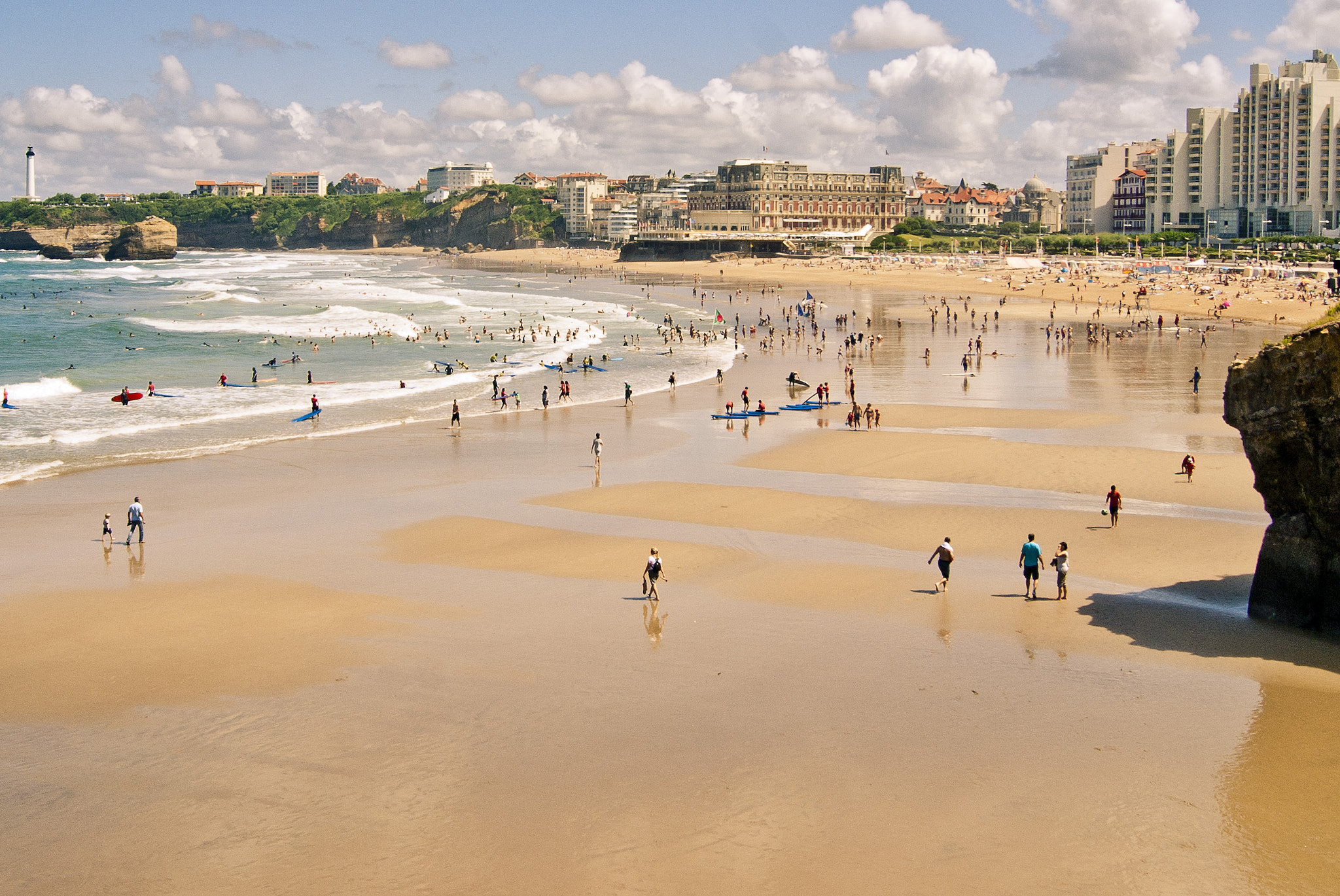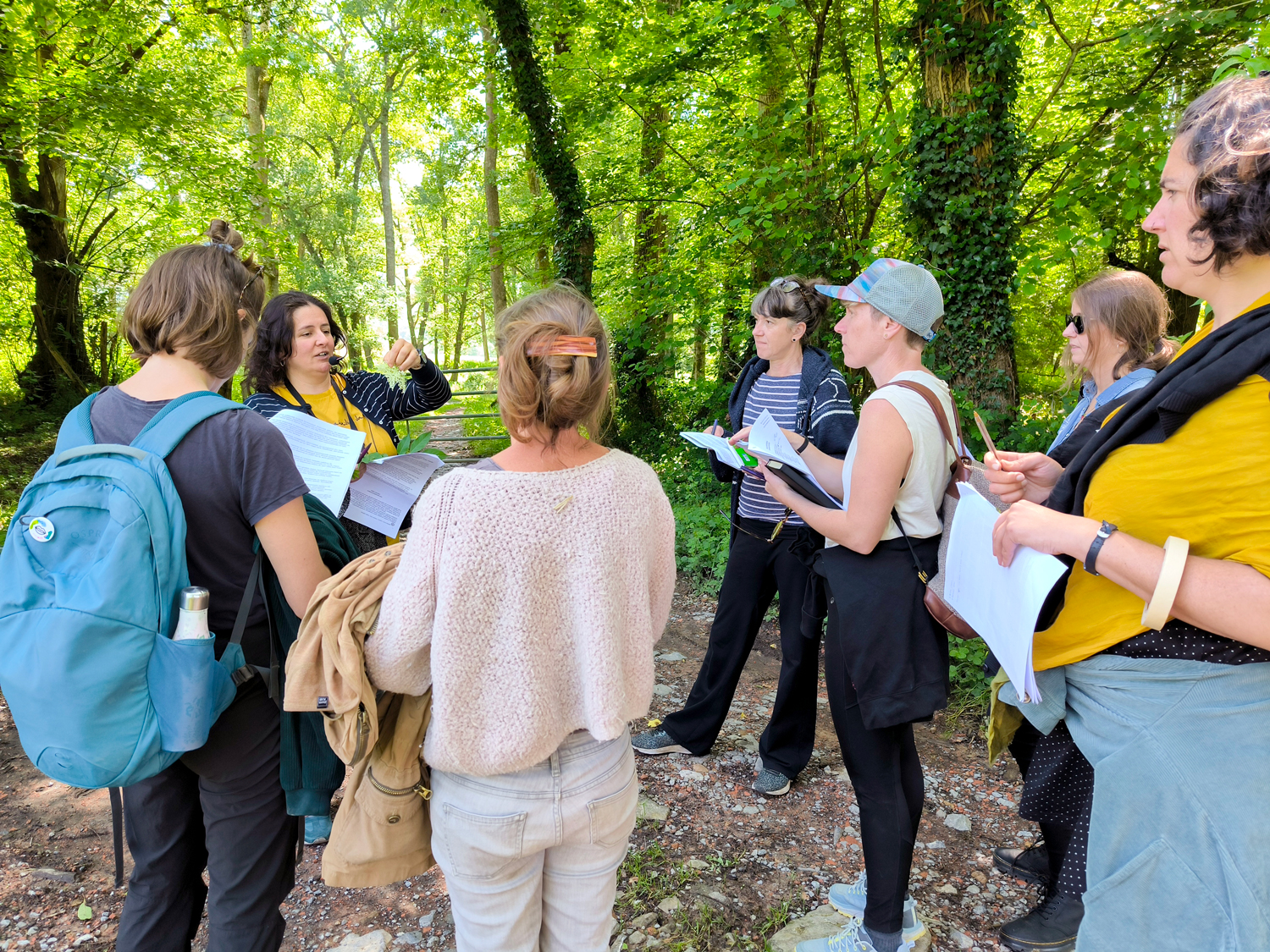Wuhan City, first captured by the coronavirus, is quarantined
- Starting at 10:00 this morning (03:00 Basque Country time) you cannot enter or leave the Chinese city of Wuhan. In this city the coronavirus 2019-nCoV.Las was first detected in December the same precautions will apply to the city of Huanggang at the end of this day. The World Health Organization (WHO) today decides whether to open a new state of emergency at the international level.

Starting at 10:00 this morning (03:00 in Euskal Herria), the Chinese city of Wuhan is under quarantine: natives cannot leave or enter the city. In a city of 11 million people, the 2019-nCoV coronavirus was first detected in December, an unknown virus that has so far killed 17 people and sickened more than 500. The same measures will apply to the city of Huanggang, which has a population of 7.5 million.
Aware that the coronavirus is transmitted from person to person, concern about the spread of the virus at high speed in China has also spread internationally. Thus, passengers have canceled all the trains, buses, boats and planes that are in contact with Wuhan, among others servicios.La disease is considered a Wuhan pneumonia. In particular, coronavirus causes fever, dry cough and breathing difficulties.
In the event of the opening of the international state of emergency
The World Health Organization (WHO) has welcomed the protective measures taken by China, noting that they are important and courageous measures to limit the spread of the virus. At present, WHO will decide whether or not to open the international state of emergency, as reported by the Community Executive. At 12:00 p.m. the debate of the experts in Geneva will begin, with the aim of taking the decision as soon as possible. The decision of the international state of emergency would increase measures and actions against the coronavirus.
The emergency situation is often decided when what has happened is “serious, sudden, exceptional and unexpected”, including with regard to public health, “with consequences that go beyond the national borders of the Hungarian State”. They can also take a decision "requiring immediate action at international level".
For ten years, the WHO has only decided on the international state of emergency five times: For H1N1 influenza in 2009, poliomyelitis in 2014 (emergency situation still active) and for Ebola, Zika virus in 2016 and Ebola influenza in July last year.
Faltan Botatzen Dugu plataformak eman du gertakariaren berri, eta zaintza aringarrien zerbitzuaren "egoera kritikoa" salatu du. Medikuak haren kontakizuna argitaratu du sare sozialetan, eta jakinarazi du lana utzi duela denbora batez: "Ezinezkoa zait baldintza... [+]
Ilusioz mintzo da Shrabani Aranzabe-Pita (Orissa, India, 1999) musikari, ikerlari eta pedagogoa. Alkizan (Gipuzkoa) hazi eta hezi da. Pandemian minbizia izan zuen, eta prozesu onkologiko horretatik Naturaren Doinuak jaialdia eta proiektua sortu du. Aurtengo jaialdia ekainaren... [+]
Sare sozialetako argitalpen baten bidez, otsailaren 23an, Ane Santesteban txirrindulariak (Errenteria, Gipuzkoa, 1990) endometriosia daukala iragarri zuen. Diagnostikoak lagundu egin dio ulertzen zergatik batzuetan gaizki sentitzen den bizikletan: “Kisteak aldaka okertzea... [+]
The pandemic has revealed, in all its crudeness, the consequences of the neoliberal model of care for the elderly, children and the dependent population. Now is the time to consolidate the critical discourses and community alternatives that flourished during the lockdown.”... [+]



















